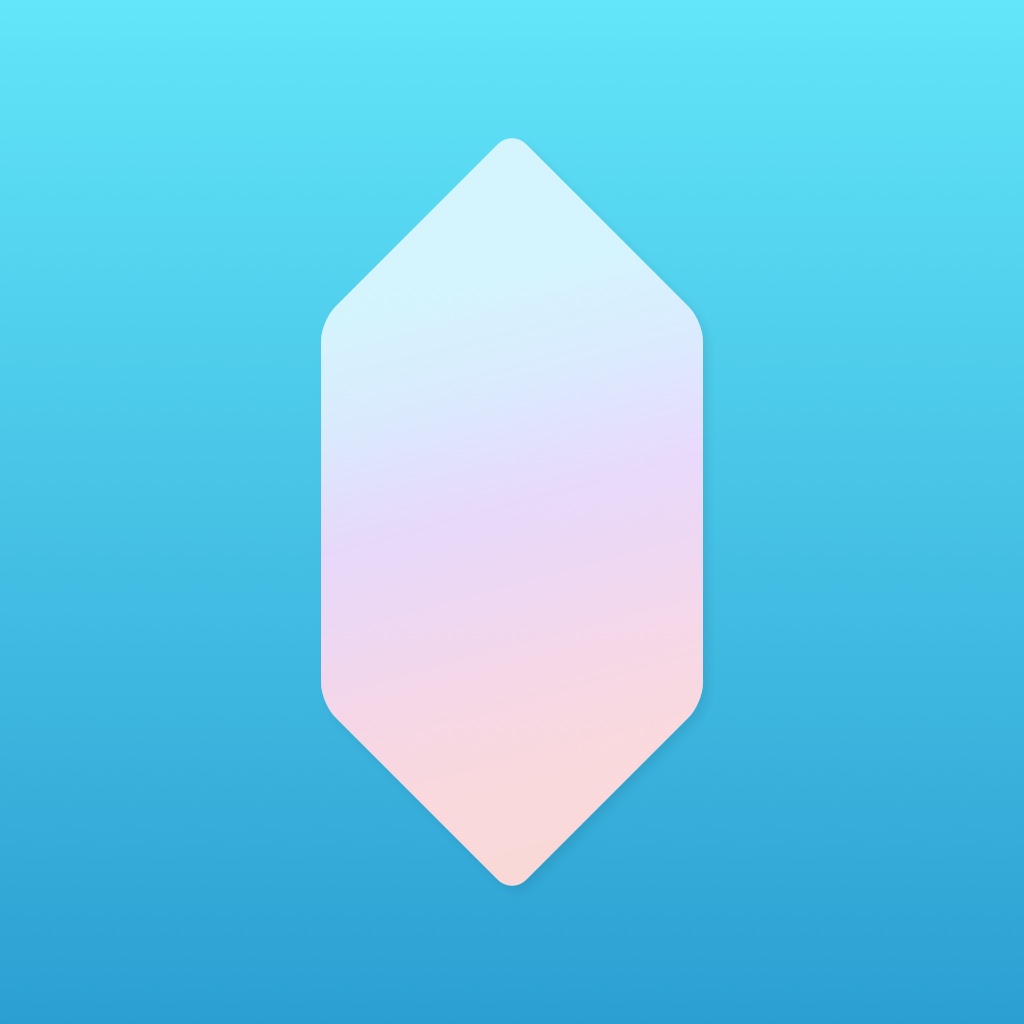
Will pay-to-play be the new rule for ad-blocking apps?
Apple’s iOS 9 has been out for just a little more than a week, and the big story so far is easily ad-blocking apps.
After a change of heart, popular developer Marco Arment pulled his ad-blocker Peace from the App Store almost a week ago. In just a few days after its launch, the $2.99 app shot to No. 1 on the App Store’s Paid charts in the United States.
But the saga doesn’t end there as more interesting news has surfaced about the ad-blocking app that took Peace’s place on top of the App Store – Crystal. We told you about the app after it landed last week. It was free for a short time and then developer Dean Murphy switched it to a $0.99 app that works with both the iPhone and iPad.
And in an article in The Wall Street Journal, Murphy admits he is taking money from Eyeo to automatically whitelist a number of sites. Here’s more from the report:
Eyeo GmbH, the company behind popular desktop ad-blocking tool Adblock Plus, now accepts payment from around 70 companies in exchange for letting their ads through its filter. Eyeo stipulates that they must comply with its “acceptable ads” policy, meaning their ads aren’t too disruptive or intrusive to users. In total, ads from some 700 companies meet the acceptable ads policy, an Eyeo spokesman said.
Eyeo is now reaching out to developers of other ad-blocking tools to cut deals that allow certain ads to pass ads through their filters, too, in exchange for payment.
Mr. Murphy said he has taken Eyeo up on its offer, and plans to implement an option within his app whereby “acceptable” ads will be displayed to users. The feature will be switched on by default, Mr. Murphy said, and he will receive a flat monthly fee from Eyeo in return. Mr. Murphy declined to disclose the fee, but said he expects to make less money from Eyeo’s payments than from sales of the app itself.
But Murphy said he isn’t looking to gain financially from the deal. Instead, he wants to offer users some way to support publishers:
“Given how popular Crystal has become, it doesn’t provide any way for users to support publishers,” he said. “I decided that’s a good feature to provide, and from what I’ve seen the ‘acceptable ads’ policy doesn’t let through what I’d classify as bad ads.”
Some of the companies on the paid whitelist are Google, Microsoft, and Taboola.
Users will be able to turn off the automatic whitelist, but this is still a sad turn for Crystal. I’d like for Murphy to let users decide exactly which sites they want to see ads from. But apparently, at least in this situation, money talks.
If you’ve downloaded Crystal, what do you think about this new development? Will you stop using the app in light of this news?


